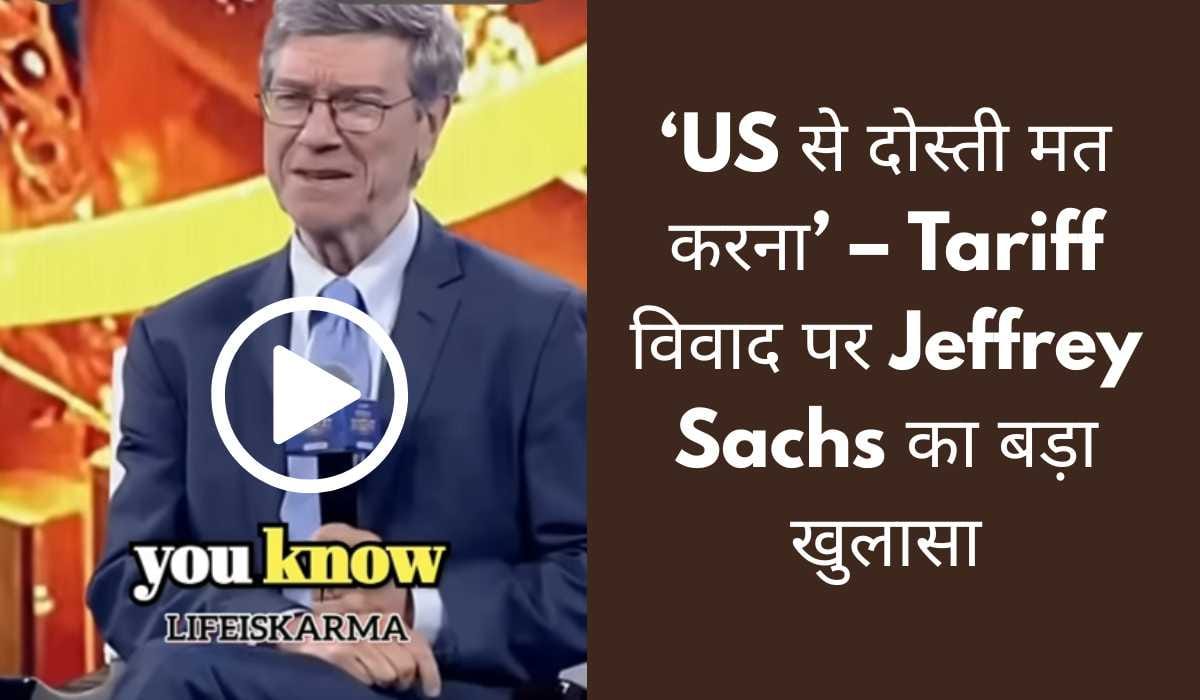American economist and Columbia University professor Jeffrey Sachs has once again made headlines after an old video went viral in India, in which he strongly advised India not to fall into the trap of U.S. foreign policy.
In the video, Sachs warned that the United States is trying to use India as a tool in its larger strategy to contain China, and urged the Indian government to remain independent in its global positioning.
Sachs quoted former U.S. Secretary of State Henry Kissinger, saying, “It may be dangerous to be America’s enemy, but to be its friend is fatal,” hinting that close alliance with the U.S. often comes with a heavy cost.
Trump’s latest tariff rhetoric has already rattled global markets. However, it seems to have backfired diplomatically, as seen in Brazil’s response.
Brazilian President Lula openly rejected Trump’s offer of closer trade ties with Brazil in exchange for distancing from India. Instead, Lula announced that he would directly speak to Indian Prime Minister Narendra Modi, expressing solidarity with India’s position.
This unexpected turn is being viewed by analysts as a growing example of unity among developing economies in the face of Western pressure tactics.
In a clear signal of economic confidence, the Indian government has launched a ₹20,000 crore export promotion mission to counter the effects of any future trade disruptions.
The programme aims to diversify India’s export base and strengthen trade relationships with countries beyond traditional Western partners.
Sachs’s video has resonated deeply with the Indian public. Thousands of viewers praised him in the comment section for speaking out against Western double standards.
Some users called him a man of courage and honesty, while others said India must heed his advice and avoid becoming a puppet in the geopolitical game between superpowers.
Many Indian citizens believe that the United States only supports nations when it suits its interests and abandons them when priorities shift. This sentiment has grown stronger in recent years, especially after the U.S. sanctions threats and inconsistent diplomatic signals.
As the global power balance continues to shift, India finds itself at a crossroads. On one hand, it is being courted by the United States as a strategic partner in Asia, and on the other hand, it is being reminded of the cost of aligning too closely with any single power bloc.
Sachs’s message acts as a timely reminder for Indian policymakers to adopt a more neutral and self-serving foreign policy path.
With the Global South gradually aligning itself on common grounds such as economic cooperation and sovereignty, India’s independent stand could very well shape the future of global diplomacy in the coming years.
